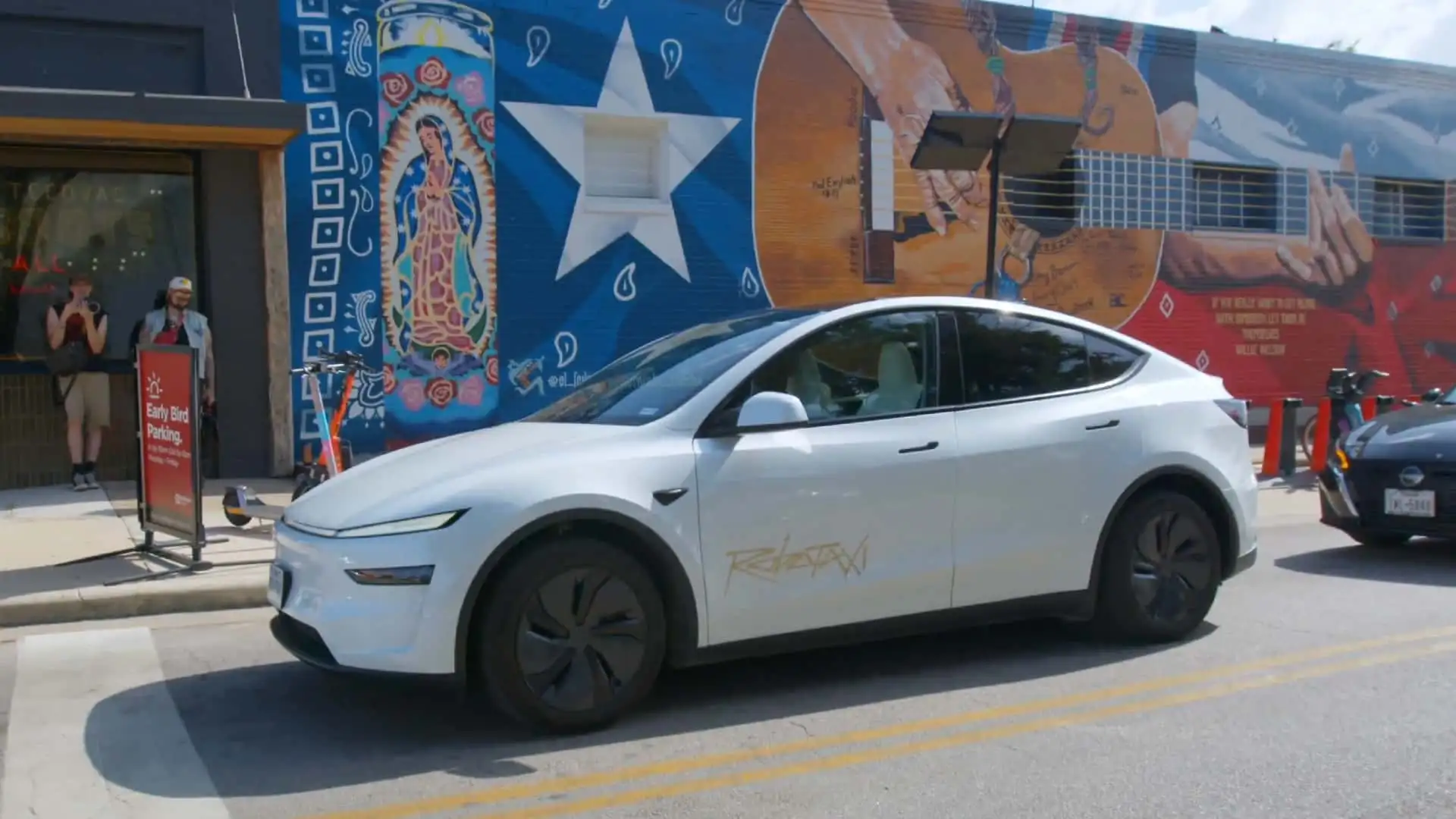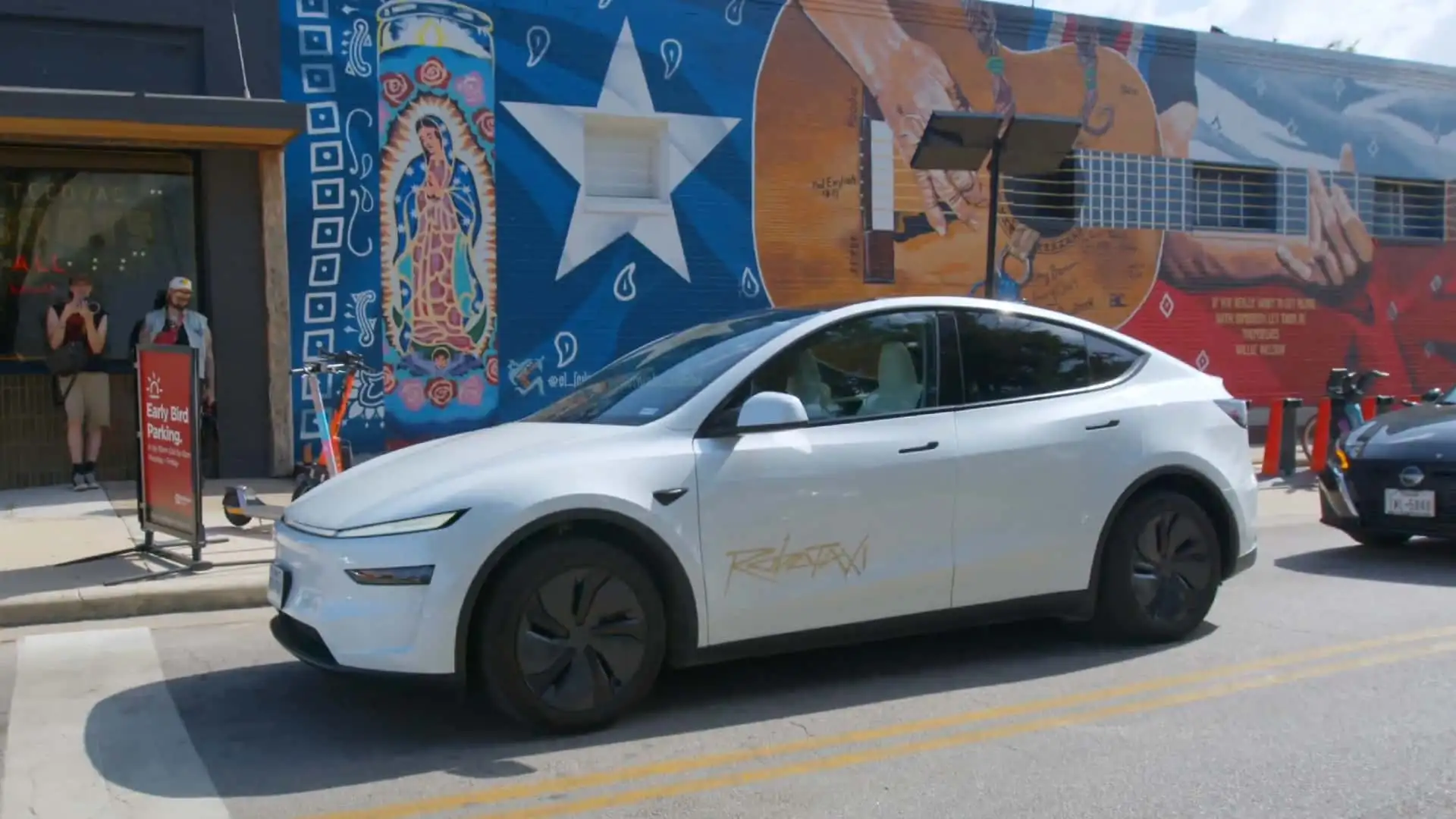Share

Major fashion retailers Next, Zara and H&M reaped significant benefits as rival Marks & Spencer was forced to halt online orders for nearly seven weeks following a cyber-attack.
The disruption to M&S’s e-commerce operations, which typically account for a third of its clothing and homeware sales, led to a sharp decline in its sales while competitors saw a notable surge.
M&S’s clothing sales plummeted by a fifth in the four weeks to May 25, a stark contrast to the robust 11.5% growth it experienced in the preceding three months, according to analysts at Kantar. The cyber-attack, which began on April 25 and wasn’t resolved until June 10, meant M&S missed out on crucial weeks of summer clothing sales during a warm spell. This hit came despite an overall industry-wide pickup, with clothing sales growing 4% in the four weeks to May 25.
Analysts at Jefferies highlighted the competitive shift. Next’s brand sales growth accelerated to 4.8% from 1.6% in the period following M&S’s online shutdown, with retail analyst James Grzinic attributing this directly to the “digital disruption seen by major peer [M&S]”.
While their market share in the UK is smaller, Zara and H&M also experienced a significant boost, largely due to their operational online services. Zara’s sales growth surged to 27.8% from 16.1%, and H&M’s jumped to 18.1% from 8.9%. In contrast, Primark, without a substantial online presence, saw its sales growth decline, underscoring the importance of e-commerce in capitalizing on M&S’s woes.
Despite the online setback, M&S maintained that its stores performed well, particularly in womenswear, and managed to retain its position as the UK’s largest clothing retailer by value, calling the cyber-attack “a moment in time.” However, the figures clearly illustrate how rivals were quick to capitalize on M&S’s digital vulnerability.
Related Posts
Discover more from Tech Digest
Subscribe to get the latest posts sent to your email.











Leave a Reply